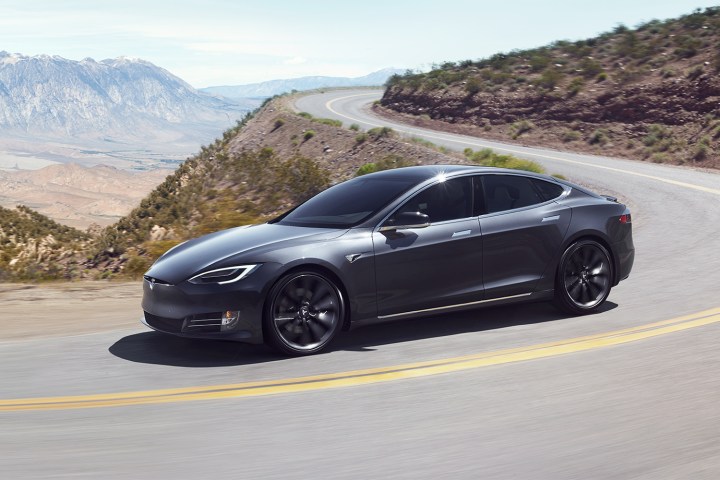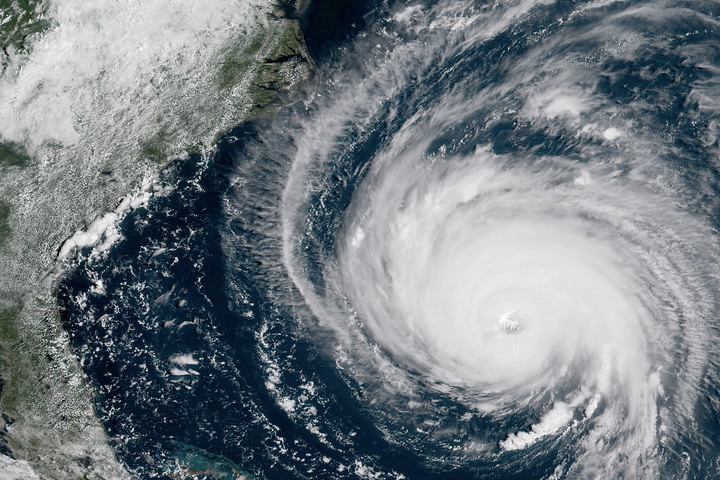
Over 10 million people are affected by the pending doom that is Hurricane Florence in the Carolinas, Virginia, and even parts of Georgia. Tesla Motors decided to lend a helping hand for Model S owners who are escaping its path as rampant electricity outages are expected and already being reported.
As a gesture of goodwill, the company issued a quick software update extending the battery charge capacity for older Model S owners in the affected zones. The extended reserve period is only limited to older Model S owners, whose batteries may be a little worn from long-term use and will need the extra juice to continue fleeing Florence’s path.

Various Model S owners began receiving notifications that their battery capacity was temporarily increased and free access to Tesla’s Supercharger network would be valid until mid-October in the hurricane-stricken areas:
“We are temporarily enabling your car to access additional battery capacity, as well as free Supercharging, in preparation for Hurricane Florence. We hope that this gives you the peace of mind to get to a safe location, and will notify you before returning your car to its original configuration in mid-October. Badging on your display may adjust during this period. Safe travels!”
Otherwise, access to Tesla’s Supercharger network requires a one-time fee of $2,500.
This isn’t the first time Tesla exhibited care for owners of its vehicles who were affected by hurricanes as the company also temporarily extended the battery charge capacity for Florida owners fleeing Hurricane Irma just last year.
From the factory, Tesla limits the charge capacity of its batteries for its vehicles as a way to delicately balance charge life and the longevity of the pack. As batteries are used as intended, the constant charging and discharging cycles take their toll over time, reducing the overall battery charge capacity until replacement is deemed necessary.
These updates however weren’t met without controversy as some thought it represents a huge paradigm shift in overall vehicle ownership. Analysts fear the existence of such control, believing that it gives automakers too much power over the vehicles, compromising the idea of what it actually means to own a car outright and enjoy full control through that ownership.


